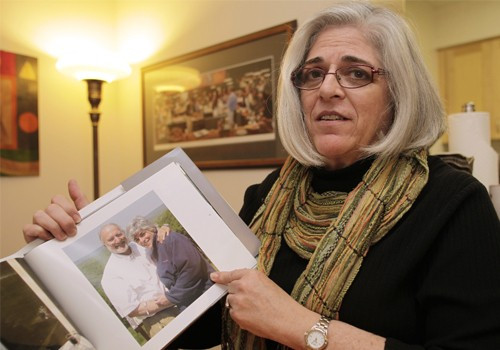Alan Gross: US Contractor Jailed in Cuba Plans to Sue Government

The lawyer of Alan Gross, an American man who has been jailed in 2009 in Cuba for setting Internet access in the island illegally, will contend before a federal court that he should be enabled to sue the US government.
Gross, 65, who has spent four of his 15-year term in a Cuban prison, sued the government and the contractor he was working for, Maryland-based Development Alternatives Inc. in 2012 on allegations they failed to give him proper training and warnings before the assignment.
But his attorney was told by a lower-court that federal law forbids lawsuits against the government for injuries that took place in foreign countries. Gross's lawyers appealed and are due to appear on Friday at the three-judge panel of the US Court of Appeals for the District of Columbia Circuit.
The man had been detained while working on a programme funded by the US government agency USAID to take Internet access in Cuba for Jewish communities. Cuba considers the USAID as an illegal attempt to stage a coup against its communist government.
In court, Gross said that he was a "trusting fool" who was duped by the American government and his company. His lawyer Scott Gilbert told the BBC in August that he is worried about health of his client, who is suffering from hip pain and can barely see through one eye.
He reported that Gross is extremely angered at the excessive sentence given by the Cuban judges but also at the US government which "has done virtually nothing to obtain his release".
US state department's official line is that the government is discussing with Cuba Gross' fate, but talks are limited by the lack of diplomatic ties with Cuba after the 1959 revolution.
The situation has worsened since an AP investigation showed that USAID launched a secretive programme to promote political change in Cuba with a social media called ZunZuneo. The service was supposed to foster rebellion in the island, also sending young Latin American students to the same.
© Copyright IBTimes 2025. All rights reserved.




















